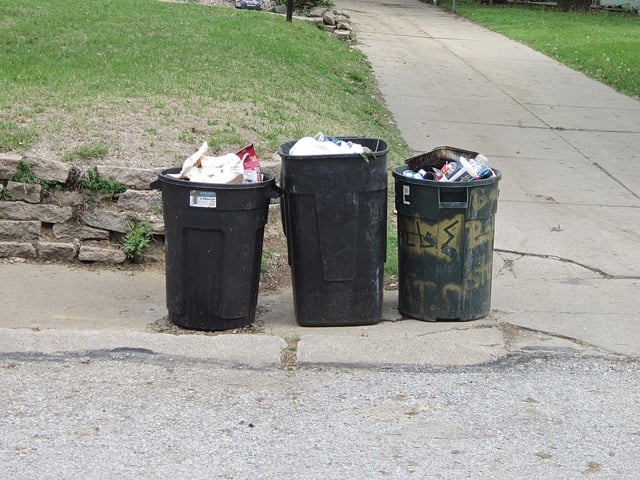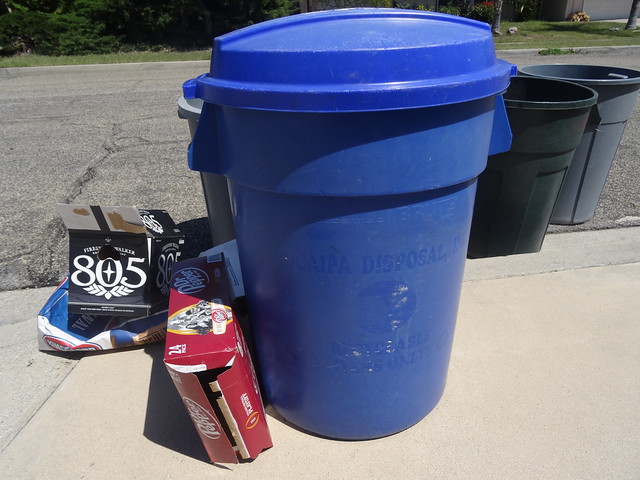
A garbage disposal is a convenient appliance that helps us manage food waste in our kitchens. While it can handle many types of food scraps, it’s important to know the dos and don’ts to ensure its proper functioning and prevent clogs or damage. In this blog post, we’ll explore the best practices for disposing of food scraps in your garbage disposal, allowing you to maintain a clean and efficient kitchen.
Dos:
Do Scrape Plates
Before rinsing your dishes, take a few seconds to scrape off any leftover food into the garbage disposal. This will prevent large chunks of food from entering the system and help minimize the risk of clogs. A rubber spatula or paper towel can be useful for this purpose, ensuring that only small, easily broken-down particles are introduced into the garbage disposal.
Do Use Cold Water
Always use cold water when running your garbage disposal. The cold water helps to solidify any fatty or greasy substances, making it easier for the disposal to chop them up and push them through the pipes. It also helps to keep the motor and blades cool during operation. Remember to keep the water running for a few seconds after you turn off the disposal to flush out any remaining particles.
Do Cut Large Items into Smaller Pieces
While garbage disposals can handle a variety of food scraps, it’s best to cut large items into smaller pieces before disposing of them. This includes things like fruit rinds, bones, and fibrous vegetables. By reducing the size of these items, you decrease the strain on the disposal’s motor and prevent it from getting overwhelmed. Take your time to chop or break down large scraps into manageable sizes.
Do Regularly Clean and Maintain Your Garbage Disposal
Maintaining clean garbage disposal is essential for its proper functioning. To remove any lingering odors and debris, try pouring a mixture of vinegar and baking soda down the drain and letting it sit for a few minutes before rinsing it with cold water. Additionally, sharpen the blades periodically using ice cubes or specialized disposal cleaning products. Regular cleaning and maintenance will extend the lifespan of your appliance.
Don’ts:
Don’t Dispose of Non-Food Items
Your garbage disposal is designed to handle food waste only. Never put non-food items like plastic, glass, metal, or paper into the disposal. These materials can damage the blades, clog the drain, or even cause motor failure. It’s crucial to educate everyone in your household about what is acceptable to dispose of in the garbage disposal to avoid any costly repairs.

Don’t Pour Oil, Grease, or Fat Down the Drain
One of the biggest mistakes people make is pouring oil, grease, or fat down the drain. These substances solidify over time, leading to blockages and clogged pipes. Instead, collect the excess oil in a container and dispose of it in the trash. You can also recycle used cooking oil at designated collection points. Preventing oil and grease from entering your disposal will keep it running smoothly.
Don’t Overload the Garbage Disposal
Avoid overloading your garbage disposal by adding too much food waste at once. Feed scraps gradually, allowing the disposal to process each batch before adding more. Overloading the disposal can strain the motor and cause it to jam or overheat. Be patient and give the disposal enough time to break down the food particles effectively. If you found this article useful, you may also visit their page to read more about roll off dumpster rentals.









